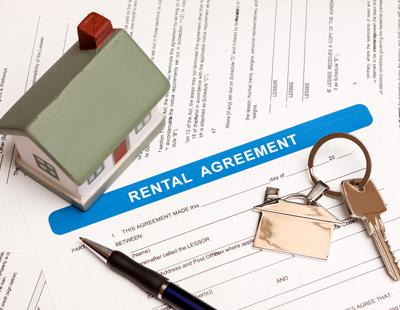
New data from flatshare site SpareRoom reveals that rents reached an all-time high in Q4 2022, with the average UK room rent increasing 13 per cent year-on-year.
The data, from SpareRoom’s Quarterly Rental Index, also reveals the average cost to rent a room in Greater London went over £900 per month for the first time ever in September 2022 and has continued to rise, with the average rent in December hitting £949 per month.
What’s more, demand continues to far outweigh supply, with landlord confidence at an all time low.
Comparing Q4 2022 with Q4 2021 London saw the biggest increase in room rents across all UK regions.
Scotland was the only UK region to experience a decrease - down 6.0 per cent- in average rents, however this is due to rents being inflated in Q4 2021 in the Glasgow area due to the Cop26 summit.
Demand for properties was at an all-time high in late summer and early autumn, while supply was at a nine year low.
This means there were 245,351 renters searching and only 34,085 rooms available. Although demand dropped in the lead up to Christmas, the number of rooms also decreased over 2022.
A recent SpareRoom poll suggests that the next 12 months will see a further decline in supply, with 41 per cent of landlords and agents either looking to reduce their portfolio in 2023 or exit the rental market altogether. Over half of those surveyed admitted to not having confidence in the rental market right now, landlord confidence has decreased over the last 18 months.
Matt Hutchinson, director at SpareRoom, says: “Although demand has eased since the record peaks we saw in August and September, the combined effect of low supply and the cost-of-living crisis means rents have continued to rise.
“The last 12 months has seen rents across the UK hit record highs and, unless new supply comes into market over the coming months, it’s hard to see those rents come down meaningfully in 2023.
“High rents not only make it difficult for tenants who need to move now, it also means that many stay put to avoid paying more rent.
“Unless people are able to move freely, the impact on the economy could be significant. Work is the key reason people move, but if a potential pay rise is wiped out by having to pay more rent, lots of people will simply stay where they are.”














%20-%20IMAGE%20Client%20Accounting%20%E2%80%93%20what%20are%20your%20options.jpg)





Join the conversation
Jump to latest comment and add your reply
It isn't really the cost of living crisis that is causing rents to rise. It's the burden of S24 combined with all the other legislation. Landlords are already gearing up for EPC of 'C' and as with all costs, they are paid for by the end user.
Please login to comment